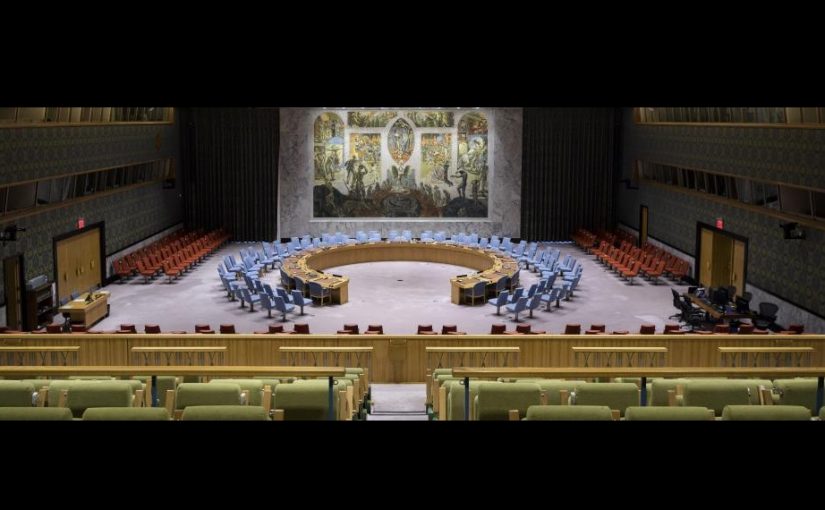Graça Machel turns 80: Chapo praises “illustrious daughter of Mozambique and citizen of the world”
Mozambique: UN report warns of increased extremism during pandemic

File photo: United Nations Security Council
A UN panel of experts said on Friday that the pandemic has increased the threat from extremist groups such as the Islamic State and al-Qa’ida in conflict zones including Afghanistan, Syria, Iraq and Mozambique.
In a report to the UN Security Council released on Thursday (dawn Friday in Lisbon), the panel said the extremist threat continued to rise in conflict zones in the last half of 2020 because the pandemic has inhibited law and order forces more than terrorists, who can move freely despite restrictions imposed to combat Covid-19.
According to the panel, some UN member states, not named, felt that as restrictions imposed to combat the pandemic were being lifted in various places, an eruption of pre-planned attacks could occur.
“The economic and political cost of the pandemic, the worsening of the factors underlying violent extremism and the expected impact on anti-terrorism efforts are likely to increase the long-term threat everywhere,” the experts said.
According to the panel, Iraq and Syria remain the central area for the jihadist Islamic State group, while north-western Syria, where al-Qaida has affiliated groups, is a source of concern.
According to experts, Afghanistan remains the country most affected by terrorism in the world.
Despite the agreement between the United States and the Taliban on 29 February last year and the start of talks between them and the Afghan government in September, the situation in the country remains a challenge, according to the report.
More than 600 Afghan civilians and 2,500 members of the Afghan security forces have been killed in attacks since 29 February 2020, according to the panel, which noted that terrorist activity and radical ideology remain a potential source of threats to the region and globally.
In Iraq and Syria, according to experts, there is no indication that the IS can reconstitute its self-declared “caliphate”, defeated in 2017, and which has reached one-third of both Iraq and Syria, but the extremist group will certainly exploit its capacity to remain in a region characterised by limited prospects of stabilisation and reconstruction.
The panel estimates that 10,000 Islamic State fighters will remain active in Iraq and Syria.
Experts also noted that extremist groups have made progress in Africa, with the Cabo Delgado region of Mozambique among the areas of greatest concern, the panel said.
“While terrorism continues to spread in West Africa, the region of Cabo Delgado in Mozambique is among the most concerning areas,” it said.
In Cabo Delgado, the experts said fighters from the Islamic State Central Africa Province have taken over towns and villages, continue to hold the port of Mocimboa da Praia despite a sustained government offensive.
In Europe, attacks in Austria, France, Germany and Switzerland between September and November last year underlined the permanent threat of terrorism, the panel noted.












Leave a Reply
Be the First to Comment!
You must be logged in to post a comment.
You must be logged in to post a comment.